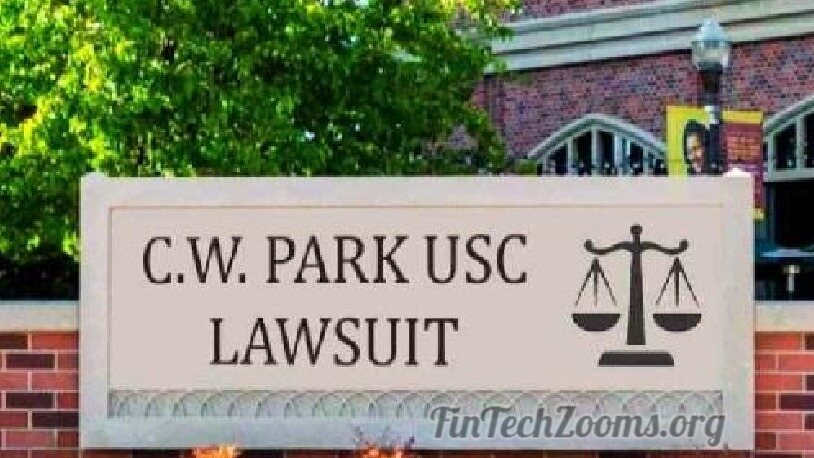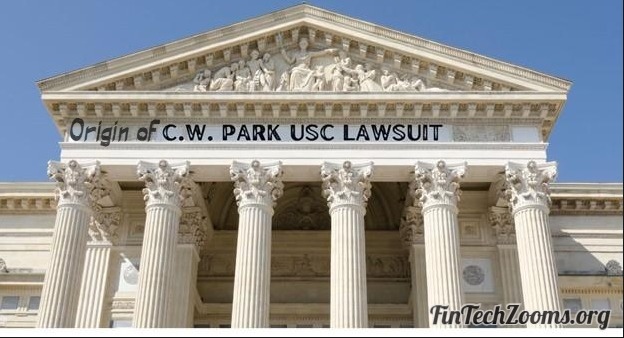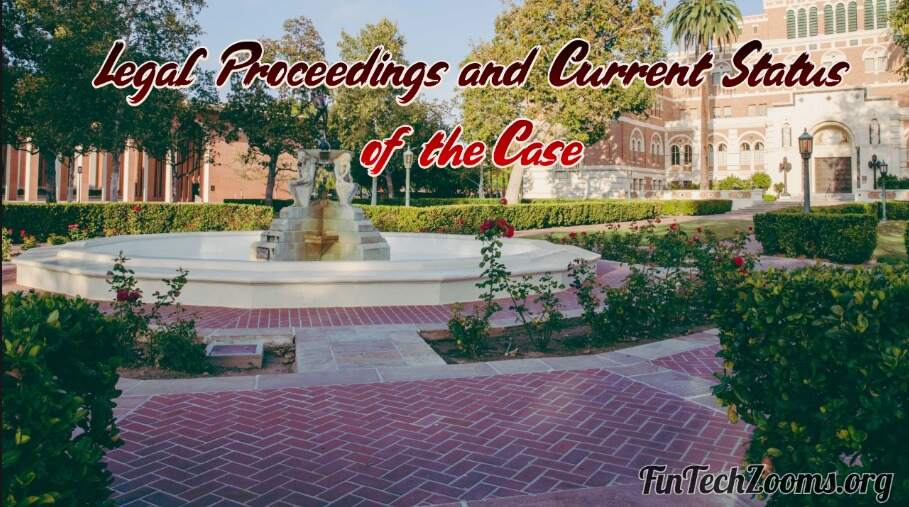C.W. Park Lawsuit USC: Key Details and Potential Outcomes

Introduction
The lawsuit involving C.W. Park and the University of Southern California (USC) has generated substantial attention within the academic and legal communities.
This case, which centers on allegations of misconduct and breach of duty, is significant for several reasons and could influence policies in educational institutions nationwide.
In this article, we’ll explore the lawsuit’s background, break down key aspects of the case, and discuss the broader implications for USC and other universities.
Origin of C.W. Park USC Lawsuit

In order to understand the C.W. Park lawsuit against USC, it’s essential to know the background and primary allegations.
C.W. Park, a former faculty member at USC, filed a lawsuit against the university, citing issues related to professional and academic rights.
While details of the specific allegations vary, the central themes revolve around alleged violations of university policies, unfair practices, and mistreatment.
Key Allegations in the C.W. Park Lawsuit
Alleged Breach of Contract
One of the main claims in C.W. Park’s lawsuit is that USC violated the terms of his contract. Park alleges that USC did not uphold specific contractual agreements, impacting his professional reputation and career trajectory.
Breach of contract lawsuits often hinges on details about job responsibilities, performance expectations, and institutional support, making this aspect a critical case focus.
Claims of Workplace Misconduct
Park also alleges workplace misconduct on the part of USC. Such claims are serious, as they touch on ethical and legal standards that educational institutions are required to follow.
While exact details are limited, workplace misconduct claims can include issues like harassment, discriminatory practices, and a hostile work environment.
Potential Violations of Academic Freedom
Another central allegation in the lawsuit concerns academic freedom. Academic freedom is a foundational principle in higher education, allowing professors to conduct research, publish findings, and teach without fear of institutional reprisal.
Park claims that USC’s actions infringed upon his academic freedom, restricting his ability to pursue certain lines of research and share his academic opinions.
Legal Proceedings and Current Status of the Case

Court Filings and Responses
As of the latest updates, both parties have presented their arguments through court filings. USC has responded to Park’s allegations, defending its practices and asserting that it adhered to all contractual and legal obligations.
Court filings are public records, and they outline each party’s stance, making them valuable documents for understanding the nuances of the case.
Expected Timeline for the Lawsuit
Legal proceedings can often extend for months, if not years. Observers and legal experts predict that this case could involve multiple hearings, witness testimonies, and potentially a jury trial.
Currently, the case is in its preliminary stages, with depositions and evidence gathering expected to take place soon.
Possible Outcomes and Consequences of the C.W. Park USC Lawsuit
Financial Implications for USC
Should C.W. Park succeed in his claims, the financial impact on USC could be significant. The university could be ordered to pay damages to Park, which may include compensation for lost wages, emotional distress, and legal fees.
Additionally, lawsuits often bring additional legal costs, reputational damage, and potential penalties.
Policy Reforms in Higher Education
One possible outcome of this case is an increased focus on policy reforms within USC and potentially across other academic institutions.
Universities may revisit their employment policies to ensure clarity around academic freedom, contract terms, and the handling of workplace misconduct.
Broader Impact on the Academic Community
The C.W. Park lawsuit against USC could set a precedent for future cases involving academic freedom, contractual obligations, and workplace misconduct.
As a result, professors, researchers, and higher education institutions will likely be watching this case closely.
Why This Case Matters for Higher Education
Potential for Strengthened Academic Rights
If the case leads to a ruling in favor of Park, it could encourage other universities to strengthen protections for academic freedom and contractual clarity.
By reinforcing these rights, the outcome could foster a more supportive environment for faculty, promoting open inquiry and academic integrity.
Influence on Employment Contracts in Academia
This case may also affect how employment contracts are structured within the academic field.
Clearer language around job duties, academic freedom, and the handling of grievances could become standard to prevent future disputes.
Conclusion
The C.W. Park vs. USC lawsuit has the potential to influence policies and practices at educational institutions beyond USC.
We will closely monitor the case’s impact on academic freedom, employment contracts, and university policies as it unfolds.
Faculty, administrators, and legal experts alike will find valuable lessons in the outcome of this legal battle, which could prompt lasting changes in higher education institutions across the country.